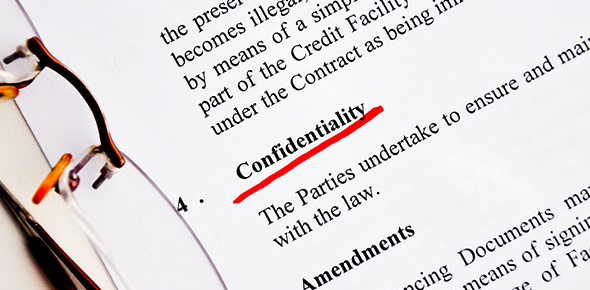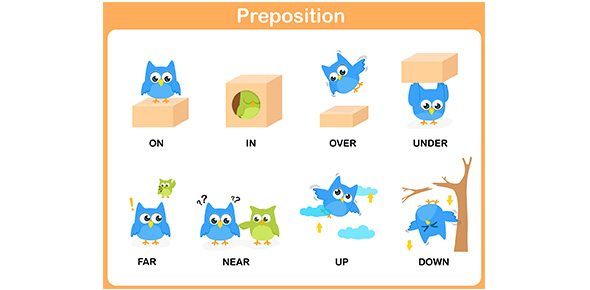Related Flashcards
Related Topics
Cards In This Set
| Front | Back |
|
Fill in the blank: A simple subject must agree with the verb
phrase in _____ and _____.
|
number, person
|
|
If my verb phrase were "attacks," my subject must
be what number, and what person?
|
singular, 3rd person
|
|
If my verb phrase were "am," my subject must be
what number, and what person?
|
singular, 1st person
|
|
What is the simple subject question?
|
"What + [verb]?"
|
|
What is the direct object question?
|
"[Verb] + what?"
|
|
What do we call verbs that have direct objects?
|
transitive verbs
|
|
What do we call verbs that do not have direct objects?
|
intransitive verbs
|
|
Can linking verbs have direct objects?
|
No, they have "subject complements" (predicate nominatives and predicate adjectives).
|
|
Since direct objects and predicate nominatives both answer
the same question about the verb, how can we tell them apart?
|
Direct objects refer to something different from the simple
subject, whereas predicate nominatives refer to the same thing as the simple
subject, modifying it.
|
|
Transform the clause "the milkman stole my wife"
into the passive voice. What happens to the direct object?
|
"My wife was stolen by the milkman." The direct
object in the active voice becomes the subject in the passive voice.
|
|
What is the indirect object question?
|
"[Verb] + to (or for) whom?"
|
|
Is there an indirect object in the clause "Suresh gives
his father a ham"?
|
yes, "father"
|
|
Is there an indirect object in the clause "Suresh gives
a ham to his father"?
|
No: "father" is a prepositional object.
|
|
What is the subject complement question? (Remember: predicate
nominatives are a type of subject complements — the other is predicate
adjectives.)
|
"[(Linking) verb] + what?"
|
|
What are four linking verbs that might take a predicate
nominative? Use each (with predicate nominatives) in a sentence.
|
"be," "remain," "become,"
"stay" (sentences are up to you)
|







